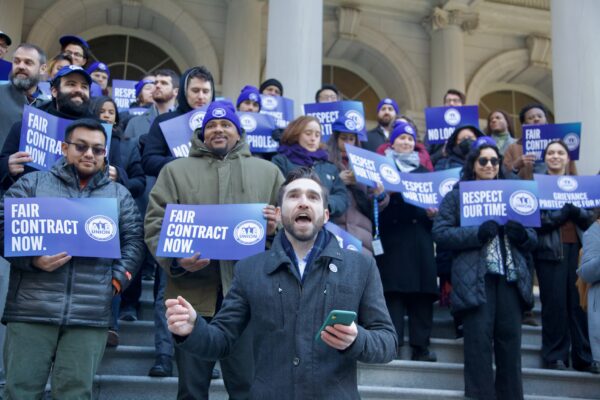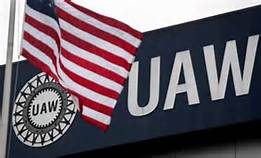August 13, 2014
By Stephanie West
Washington, DC – A McDonald’s franchise owner in California this week took on McDonald’s — and the company’s near-total control over its franchisees. When Kathryn Slater-Carter told McDonald’s corporate offices that low prices were hurting her profits, McDonald’s replied: “just pay your workers less,” she told the Washington Post.
This, coming less than a week after the NLRB General Counsel determined McDonald’s a “joint employer,” with substantial power over its employees’ working conditions — a decision, as Forbes puts it, that “pierced the corporate veil.” Slater-Carter, is now advocating for a bill in California to give franchisees more rights. The state Assembly is expected to vote on the bill next week.
Who really owns your friendly McDonald’s?
It wasn’t just franchisee owners speaking out this week, but workers too. In a Reuters opinion piece, Kansas City McDonald’s worker Richard Eiker described the constant pressure felt by franchisees to cut costs. “Managers are pushing all the time to bring down costs. If I work 10 minutes past my shift, they ask me what I’m still doing in the store,” writes Richard, who makes only $11.05 an hour after 25 years working for the company. In an article in the Guardian, Richard says the NLRB ruling recognizes what workers “have always known — that McDonald’s is the boss.” And in the Chicago Tribune, McDonald’s worker Adriana Alvarez, who makes $9.75 an hour, explained the myriad of ways in which corporate executives walk around franchise stores to make sure everything is cleaned, products are displayed correctly and workers are working fast enough. “To me, this is more than enough proof that McDonald’s has me and my co-workers under a magnifying glass,” she said.
The beginning of a franchise war?
The LA Times’ Michael Hiltzik writes that the NLRB ruling could be the beginning of a franchise war: “The chains want to have things both ways. Their pitch to consumers is that the dining experience in one McDonald's is virtually identical to another's, but when the chips are down — when a workplace regulation or a union organizing drive surfaces, for instance — they claim that they just provide a big umbrella under which thousands of small businesses find some shade.”



